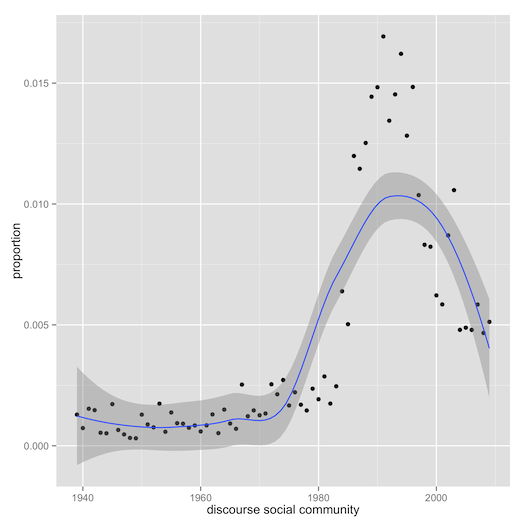discourse social community knowledge collaborative academic authority communities learning conventions individual language members conversation people group review collaboration consensus

discourse social community knowledge collaborative academic authority communities learning conventions individual language members conversation people group review collaboration consensus
